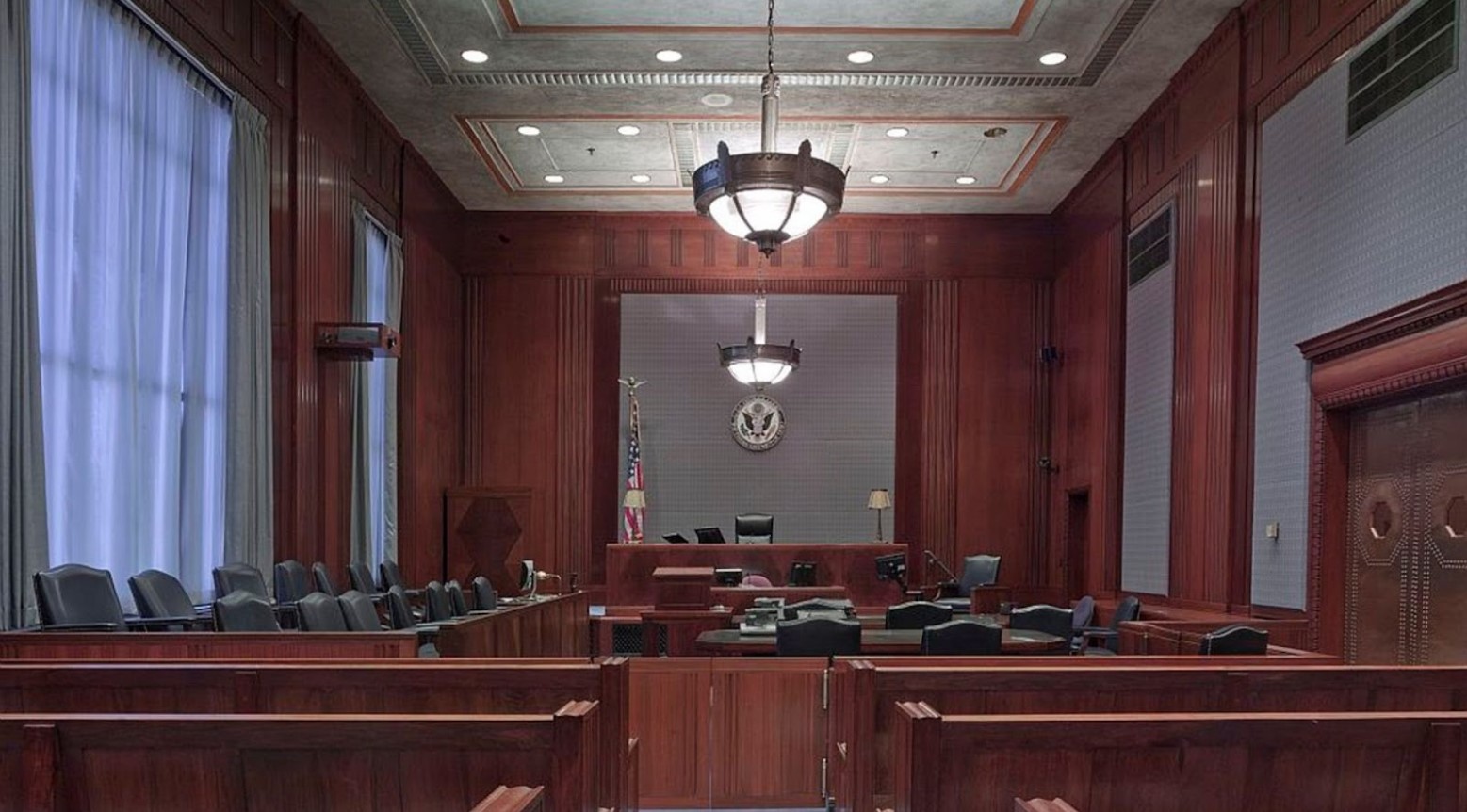A classroom incident at Matanzas High School has escalated into a legal battle. Brendan Depa, an autistic teen, is suing the Flagler County school district after violently assaulting a teaching aide.
The altercation began on February 21, 2023, when 59-year-old aide Joan Naydich confiscated Depa’s Nintendo Switch, triggering his aggressive response. Depa now faces serious legal consequences.
Details of the Assault

The violent incident was captured on surveillance footage. The video shows Depa pushing Naydich to the ground before kneeling and repeatedly punching her in the head and back. Naydich sustained multiple injuries, including broken ribs and a concussion.
The brutal attack occurred after Depa reportedly spat on Naydich and chased her as she tried to report the incident to school administrators.
Legal Claims Against the School District

Depa’s lawyers argue that the Flagler County school district failed to meet his needs. They claim that the school staff knew about Depa’s disabilities, triggers, and problem behaviors but did not take appropriate actions to manage them.
The lawsuit suggests that the mishandling of the Nintendo Switch confiscation directly led to the violent incident.
Awareness of Depa’s Triggers

According to the lawsuit, school staff were well aware that electronics, particularly Depa’s Nintendo Switch, could provoke aggressive behavior.
Despite this knowledge, they confiscated the device, triggering a predictable violent response. Depa’s lawyers emphasize that the district neglected to implement necessary precautions and failed to follow his Individualized Education Plan (IEP).
Lack of Proper Training

Depa’s legal team asserts that the school staff lacked proper training to handle his specific needs and behaviors. They argue that the staff did not follow the intervention strategies outlined in Depa’s IEP.
The failure to utilize evidence-based strategies and adequately trained staff contributed to the incident, putting both Depa and Naydich at risk.
Misperceptions and Racism

The lawsuit highlights that Depa, being a “large black male student,” was subjected to racial biases and misperceptions. Depa’s lawyers suggest that these biases influenced how the staff interacted with him, exacerbating the situation.
They argue that these misperceptions led to the inappropriate handling of Depa’s behavior, resulting in the violent outburst.
Prosecution’s Case

The prosecution charged Depa with aggravated battery, a first-degree felony. If convicted, he faces up to 30 years in prison. Circuit Judge Terence Perkins is deciding whether to sentence Depa as an adult or a juvenile.
This decision will significantly impact the length of his sentence and his future, as sentencing guidelines differ for adults and juveniles.
Impact on Teaching Aide

Joan Naydich, the teaching aide, has expressed that the assault has deeply affected her life. She described herself as a “totally different person” after the incident.
Despite her injuries and trauma, Depa’s lawyers are seeking “compensatory education and placement in a behavioral therapeutic school at the district’s expense,” along with covering the costs of tutoring and mental health services.
Sentencing Delays

The first part of Depa’s sentencing took place on May 1, 2024, but the second part was delayed until August 6, 2024. This unusual delay may give the defense more time to prepare and potentially counter the prosecution’s case more effectively.
The delay also prolongs Depa’s incarceration, all of which will be credited at the time of sentencing.
Educational and Therapeutic Needs

Depa’s lawyers are advocating for his placement in a behavioral therapeutic school. They argue that the school district should cover the costs of his education and any related mental health services.
The legal team emphasizes that the incident stemmed from the district’s failure to address Depa’s needs adequately and to provide appropriate interventions.
Broader Implications

This case highlights the complexities of managing students with significant behavioral issues within the educational system. The outcome could influence how schools across the country handle similar situations.
Proper training and understanding of students’ specific needs are crucial to prevent such incidents and ensure the safety and well-being of both students and staff.
Awaiting the Verdict

As the legal proceedings continue, the nation watches closely. The final verdict will not only determine Depa’s fate but also set a precedent for how schools manage the needs of students with behavioral challenges.
This case shows the importance of balancing safety with compassionate care in educational settings, highlighting the need for comprehensive support systems.


